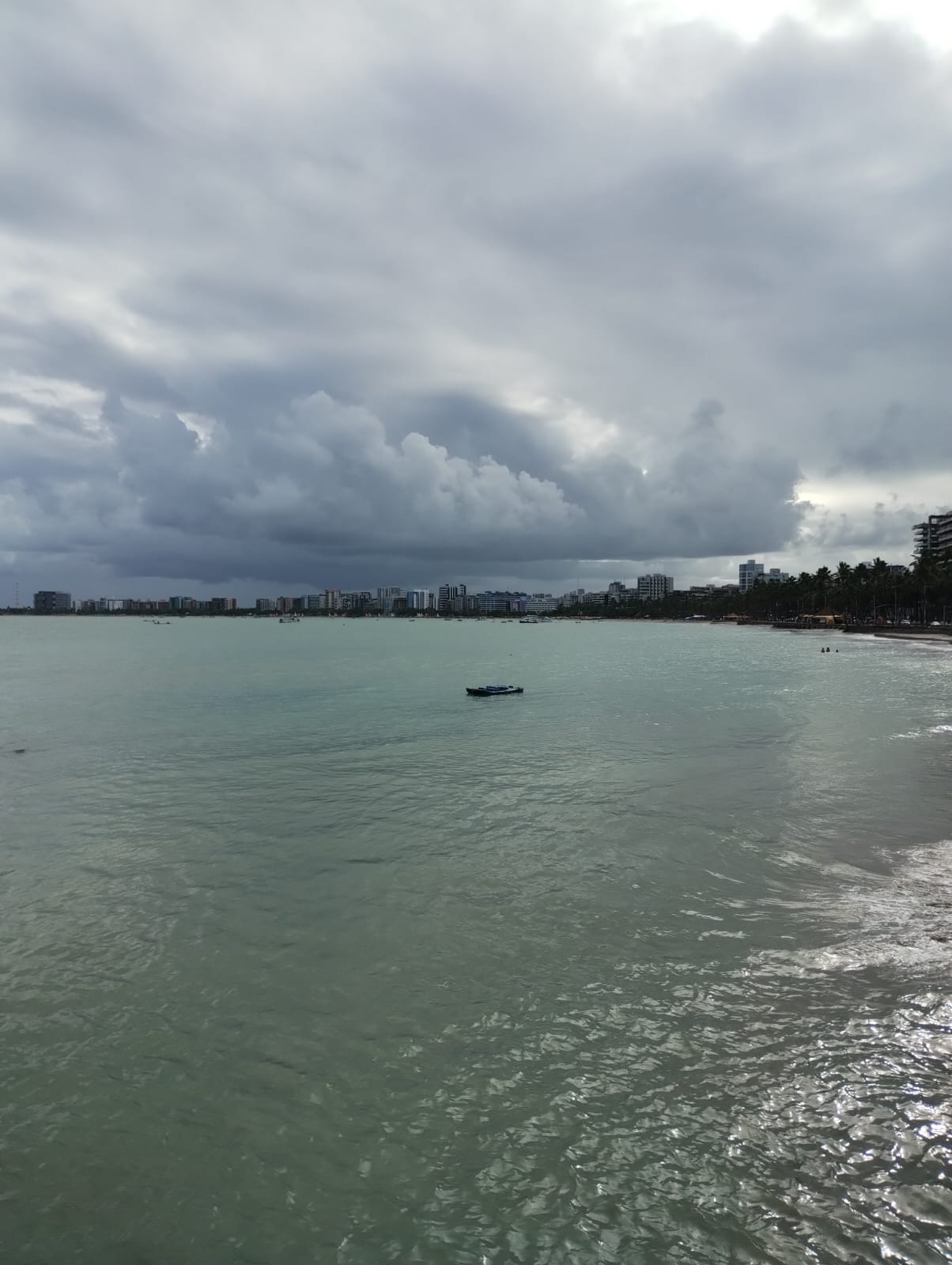Selfie zombies
Hey, traveler, get off social media and enjoy your trip more
Maceió, July 2024.
I've wanted to write about cell phone addiction for a while. I couldn't have a better laboratory than this trip to a standard tourist destination in the Brazilian Northeast, filled with hordes of tourists.
On the plane, I noticed that the smartphone would be omnipresent. The couple next to me watched videos on Instagram with in-flight Wi-Fi. My mom and aunt, on the other side, played games on their devices. We're trapped in a vertical 5-inch screen even in the stratosphere.
While I read my book at the hotel pool, a family sat next to me. Soon, each picked up their cell phones and remained motionless for ages, absorbed in some social network. They didn't interact, look at the sea view, or do anything.
Shortly after, a man around 40 spoke loudly on WhatsApp: "I'm on vacation, I didn't bring my laptop, you can talk to so-and-so, the project is already underway". WhatsApp doesn't respect borders or leisure time.
My mom and aunt can't go much more than half an hour without asking me to take a photo "to post on Instagram and Facebook." No more examples are needed to demonstrate that our daily addiction is present in our most sacred moment, rest.
Instagram and the culture of influence are the most significant contemporary enemies. There are three types of travelers addicted to social networks: those who effectively use Instagram as a work tool, those who use Instagram as I-wannabe influencers, and those who overpost disorderly, like selfie zombies. What these three have in common is using networks to project the image of a super happy and successful traveler or tourist.
The recent reading of "The Anxious Generation" by American social psychologist Jonathan Haidt profoundly impacted me. Although the book focuses on the impact of smartphones and social networks on the mental health of Generation Z, its reading provides universal insights. We have all been manipulated by Silicon Valley to become dopamine-dependent. Tech company executives admit this in documents that have come to light. We need to have a conversation about how to get out of this.
Structural changes are necessary, and the most urgent is a reform of access to social networks for the younger ones —the age limit of 13 years, besides being low, is easily bypassed. Structural changes depend on an arrangement between politicians, the financial elite, Silicon Valley, and society, which rarely materializes.
That's why I'm a staunch advocate of harm reduction on an individual level, which can start today. Keep your phone silent all the time, preferably face down, so that notifications don't shine in your face. Without hearing or seeing it, the chance of picking up the phone for any useless reason decreases.
An interesting exercise is to leave the house without the phone. Start with a trip to the corner bakery and gradually increase until you can walk longer. Yes, we've become children learning to leave the house alone.
If you're accompanied, it's even easier: arrange that only one person will take the phone. Whoever is without the phone should let the closest people know that in case of any emergency, contact the other person. The one with the phone should only pick it up at strictly necessary moments.
For solo travelers, this is much more difficult in terms of getting around and loneliness. In this year and a half of being a nomad, I've been alone many times, and I've used my phone much more than I'd like. To reduce harm, I keep social networks hidden and logged into my work profile, so I have an extra step to open my personal one.
As a journalist, I am compulsive in reading the news, which also helps me use social networks less in these situations. Find your compulsion or hobby outside the ecosystem of these platforms.
Kodak cameras before digital cameras had films with 12, 24, or 36 photos. Developing them was expensive, so we used them sparingly. I looked and didn't find it, but someone could create an app that limits you to 12, 24, or 36 photos for a set period.
I'm not optimistic. Smartphones will become more advanced, and artificial intelligence will still bring unknown and addictive uses. However, the happiest people will be those who use social networks less. That's why this newsletter now also advocates for the conscious use of social networks during trips and nomadic life.
Smile.





Excellent post, Mateus. Thank you for posting this.
Your theme for this post is spot-on, Mateus. The concept of "selfie zombie" is hilarious but true. The idea of just one person carrying a phone is a good idea unless you get separated. But that also makes a for a good recipe for an interesting trip.